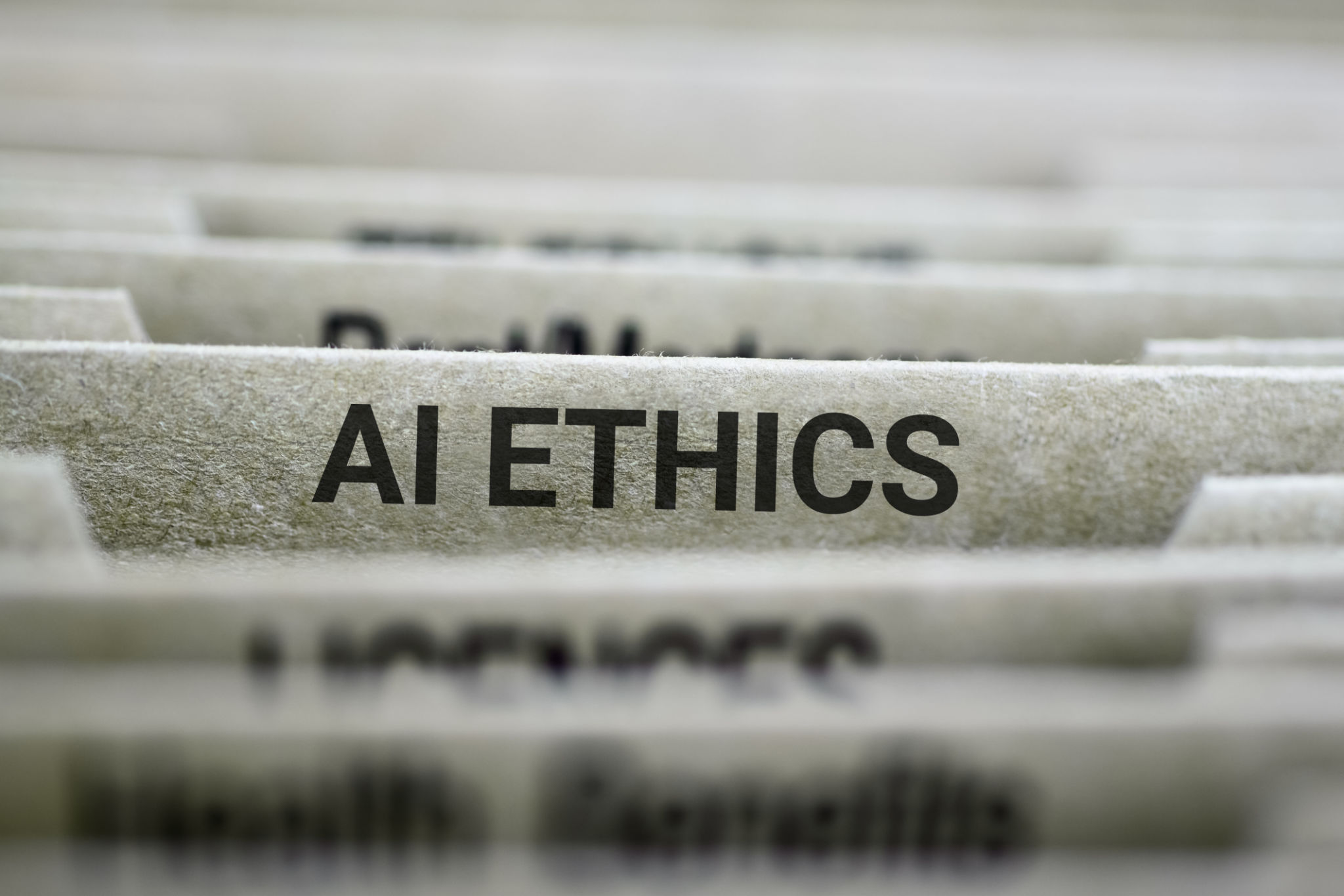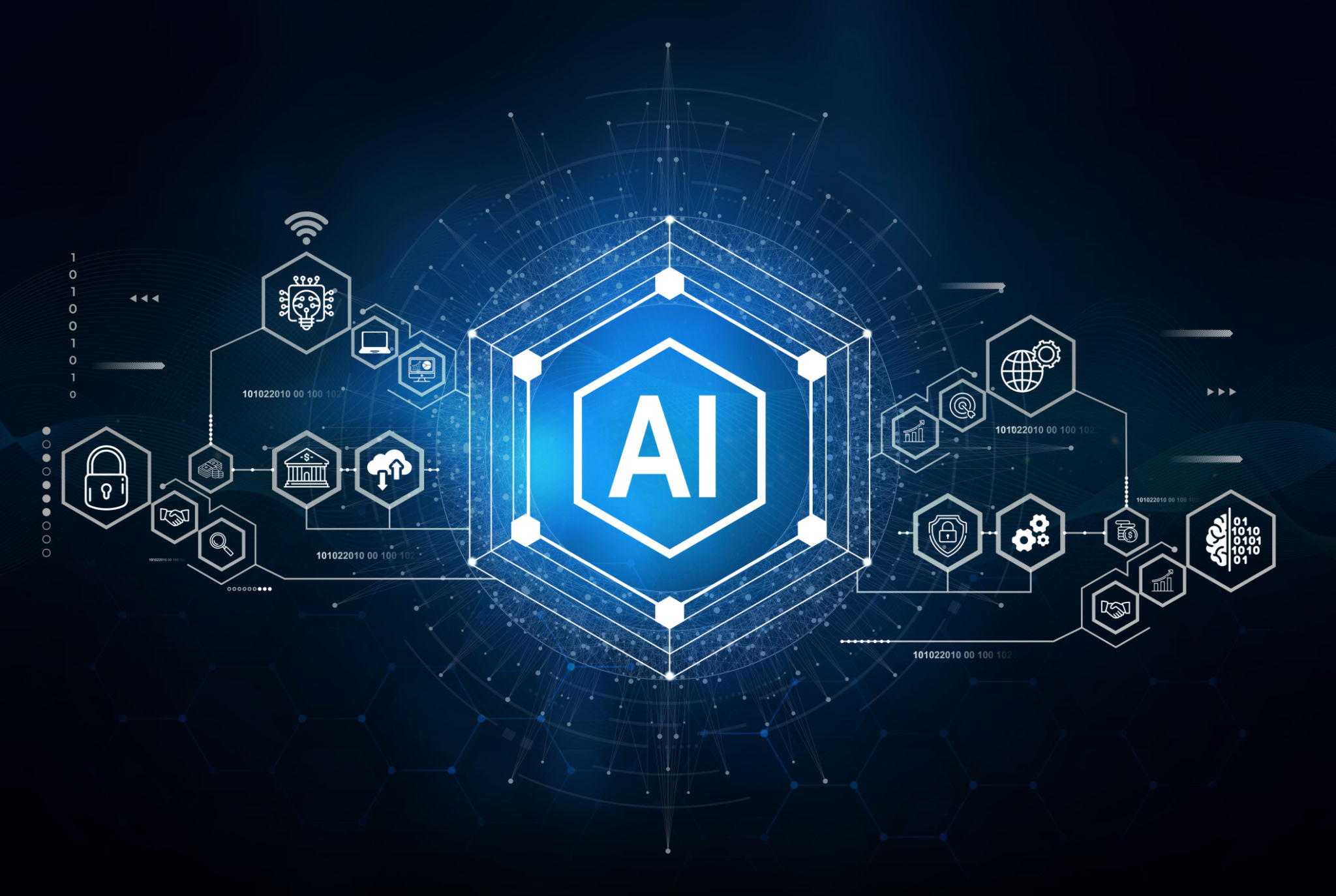Debunking Common Myths About AI in Business
AI
Artificial Intelligence (AI) is transforming the business landscape, and with such rapid advancements, it's no surprise that certain myths and misconceptions have emerged. These myths can deter companies from leveraging AI's full potential. Let's explore and debunk some of the most common myths surrounding AI in business.
Myth 1: AI Will Replace Human Jobs
One of the most pervasive myths is that AI will take over all human jobs, leading to widespread unemployment. While it's true that AI can automate repetitive tasks, it doesn't mean humans will become obsolete. Instead, AI can augment human capabilities, allowing employees to focus on more strategic and creative tasks. Companies that embrace AI often find that it leads to the creation of new roles and opportunities.

For instance, AI can handle data analysis at a much faster rate than humans, but it still requires human oversight to interpret results and make informed decisions. In reality, AI is a powerful tool that can enhance productivity and innovation when used correctly alongside human intelligence.
Myth 2: Only Tech Giants Can Afford AI
Another misconception is that only large tech companies with massive budgets can afford to implement AI solutions. The truth is, AI technology has become increasingly accessible to businesses of all sizes. There are numerous affordable AI tools and platforms available that cater to small and medium enterprises (SMEs).
Cloud-based AI services and open-source platforms have made it easier for companies to integrate AI without significant upfront investments. Businesses can start small with specific applications like customer service chatbots or inventory management systems and gradually expand their AI capabilities.

Myth 3: AI Lacks Creativity
Many believe that AI is purely logical and incapable of creative thought. However, this is a limited view of AI's capabilities. While AI does not possess creativity in the human sense, it can generate creative outputs by analyzing patterns and data. For example, AI algorithms have been used to compose music, write articles, and even create stunning artworks.
The key lies in how AI is programmed and the quality of data it is fed. When combined with human creativity, AI can produce remarkable results that were previously unimaginable.
Myth 4: AI Is Perfect and Error-Free
A common myth is that AI systems are infallible and always provide accurate results. In reality, AI is only as good as the data it is trained on and the algorithms used. Biases in data can lead to skewed outcomes, and poorly designed algorithms can produce incorrect results.

It's crucial for businesses to maintain transparency in their AI processes and regularly update their datasets to ensure accuracy. Human oversight remains essential in verifying AI outputs and making ethical decisions based on those insights.
Myth 5: Implementing AI Is a One-Time Task
Some companies believe that once they implement an AI solution, their work is done. However, integrating AI into business operations is an ongoing process. Continuous monitoring, maintenance, and updates are necessary to ensure the technology adapts to changing business needs and market conditions.
Moreover, as AI technology evolves, businesses must be willing to invest in training their workforce to work effectively alongside these new tools. Keeping abreast of the latest developments in AI can provide companies with a competitive edge.

In conclusion, understanding the realities of AI in business can help organizations make informed decisions about its implementation. By debunking these myths, businesses can better harness the potential of AI to drive growth and innovation.
